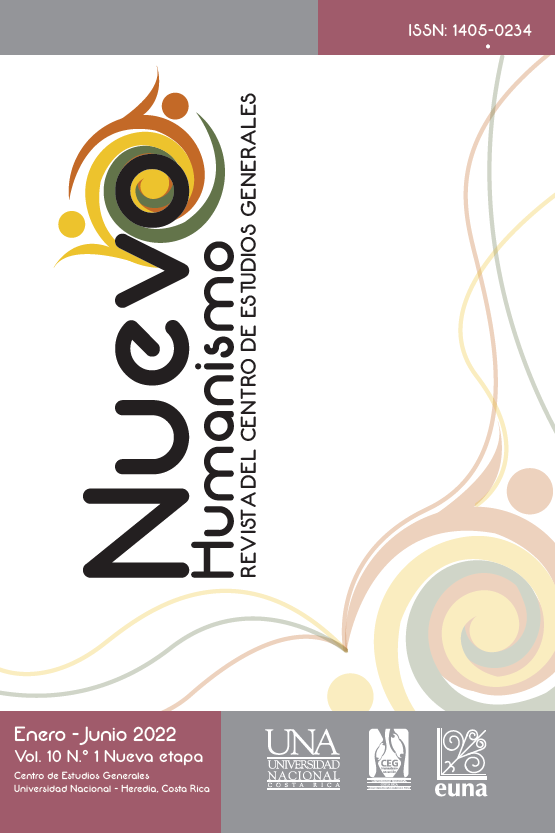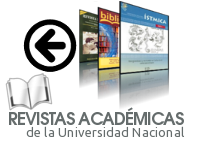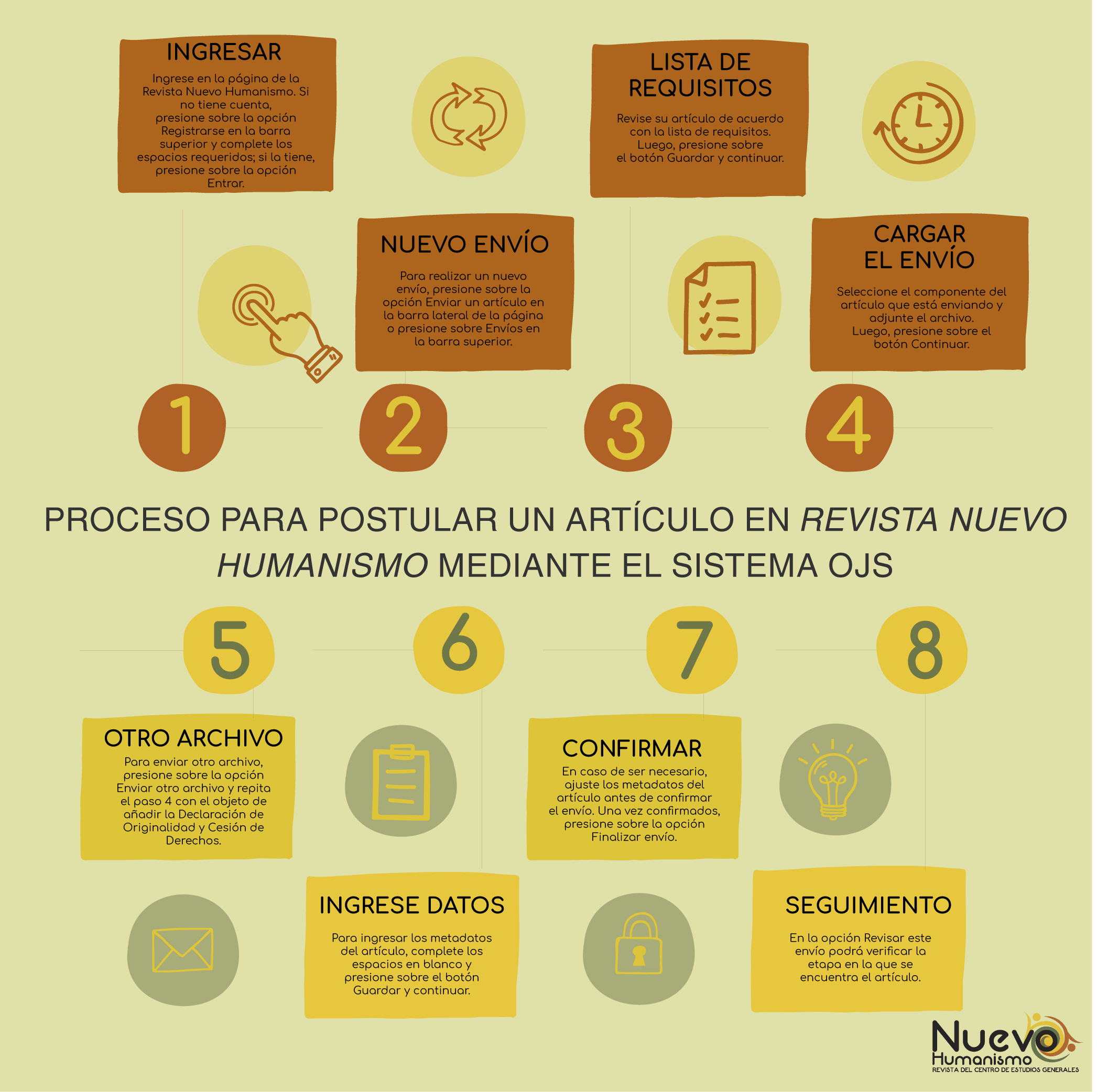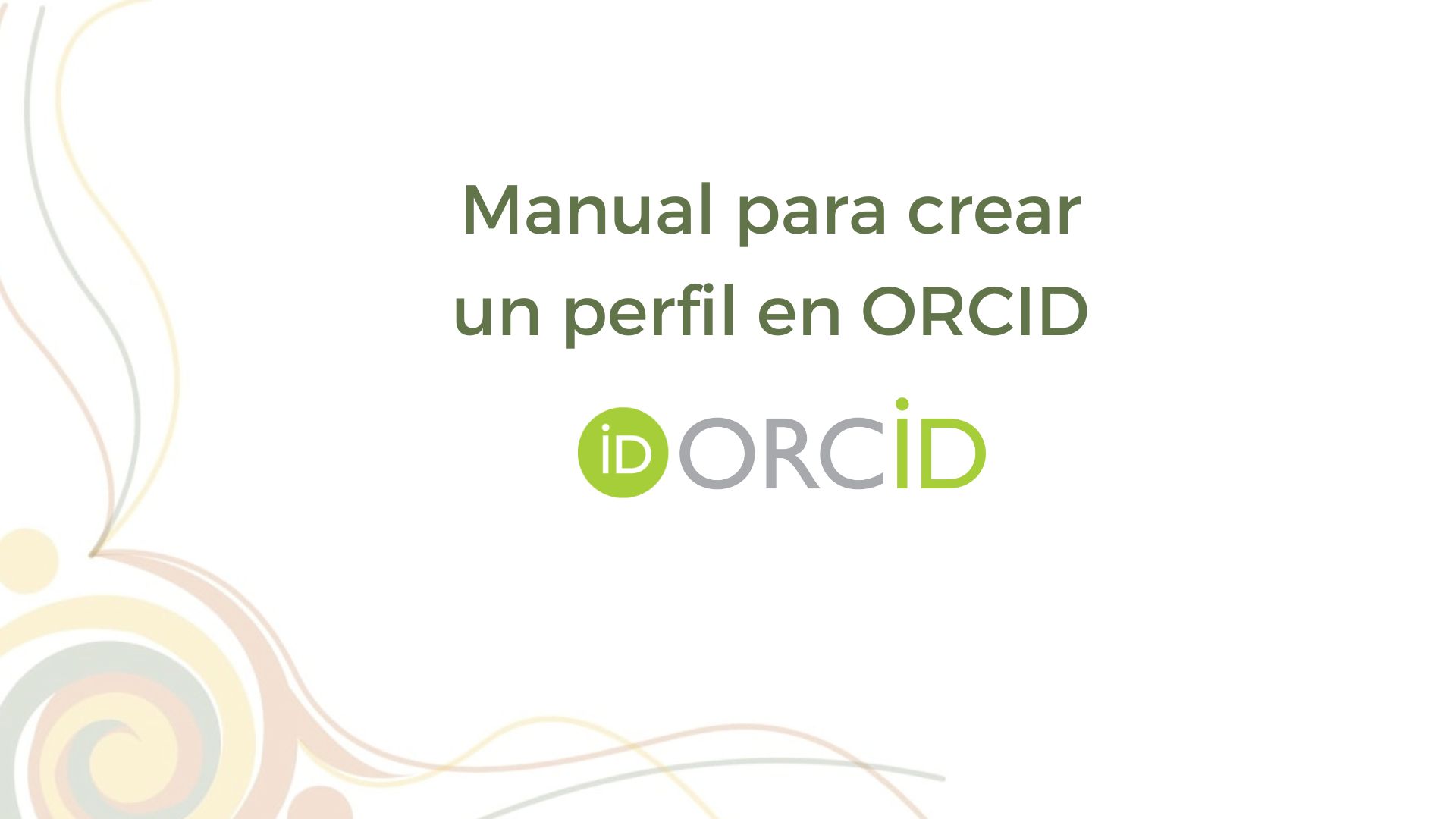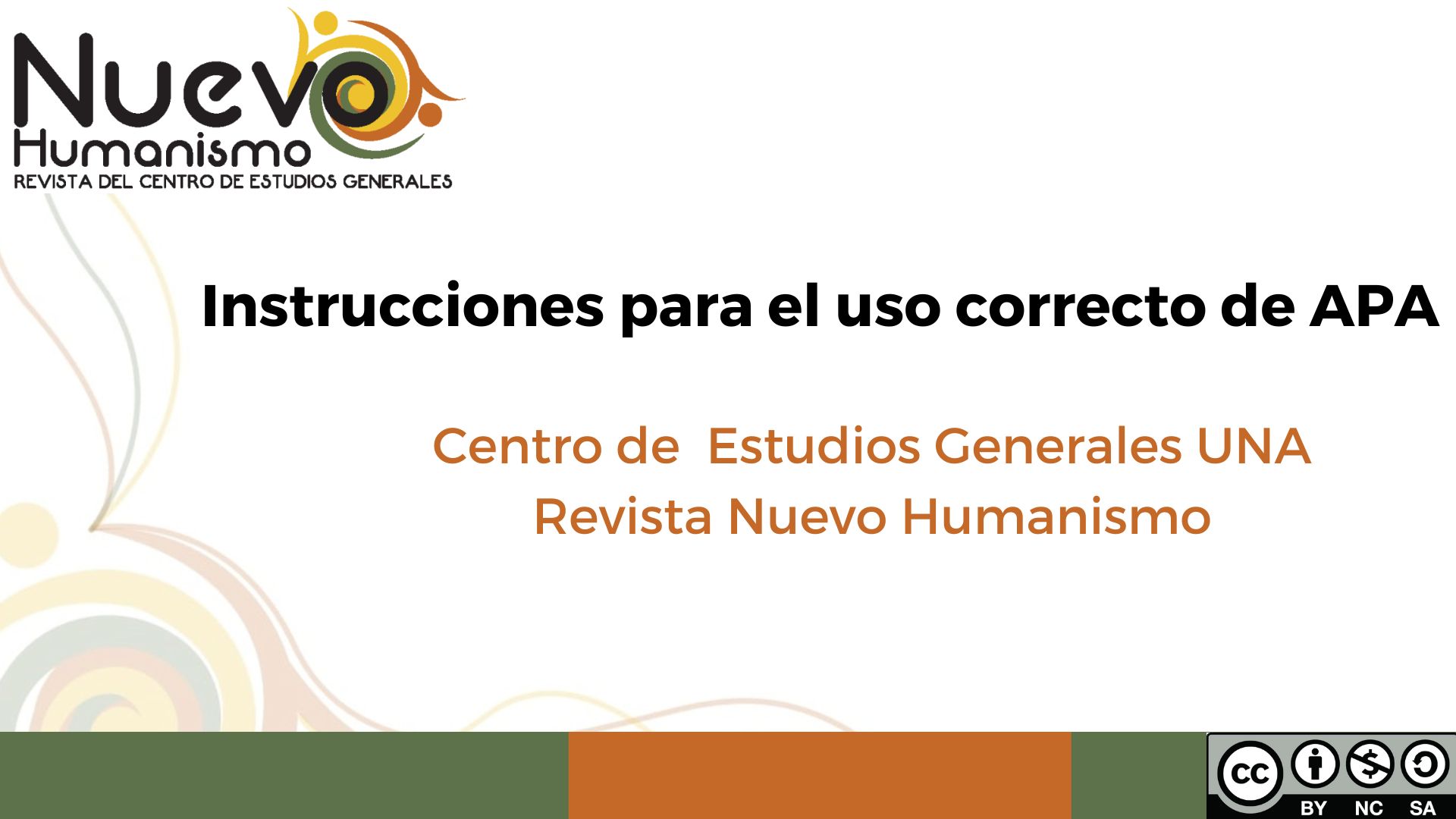Differences and Steps from Humanism to New Humanism
DOI:
https://doi.org/10.15359/rnh.10-1.3Keywords:
auto emancipatory, human nature, Humanism, humanist outbreak, light sense, New Humanism, strict senseAbstract
This article is approaching a subject that has occupied academic work inside the Chairs Rolando García and Ibn Jaldun in Center for General Studies (CEG) from National University. Humanism and its actual state are an issue that has captured attention of both chairs not only by relevance debate about human condition and its evolution but by historical role that has behaved in our contemporary society. Watch the unavoidable relation between any humanist outbreak and its context is not an easy task, although it seems obvious, its importance lies in fundamental fact that endow it of sense, namely, a self-emancipatory impulse. However, has been identified that humanism has been object of historical wear that has turned it into a common resource amidst ideological speeches. Due to this has been devoid of content and purpose, thus leaving an ornamental shell that even has found shelter inside the academic podium. Here is thinking over about that process and its relation to features that in principle should have any humanism outbreak, namely: a) set out diacritic breaks about human nature, b) these breaks must mean an auto emancipatory process inside human groups, and c) they must let know better the place that our specie occupies inside cosmos and through his historical moment. The New Humanism comes up as a retrospective effort, but at the same suggest have on account those features to do not lose of sight the reason of being of each humanist outbreak.
References
Aristóteles. (2003). Metafísica. Madrid, España: Editorial Gredos.
Bauman, Z. (2004). Modernidad líquida. Buenos Aires, Agentina: Fondo de Cultura Económica.
Castells, M. (2014). La cuestión urbana. D. F., México: Siglo XXI Editores.
Cátedra Rolando García. (s. f.). Humanismo, Complejidad e Interdisciplina. Heredia, Costa Rica: en prensa.
Cockerell, M. B. (2016). La trama y los hilos: Modernización capitalista y las cuatro espirales de la modernidad. Heredia, Costa Rica: Editorial Universidad Nacional.
Cockerell, M. B. (2021). La Revolución del humanismo. Perez Zeledón, San José: Kamuk .
Cockerell, M. B., & Mora Arias, J. (2017). Hacia una epistemología del nuevo humanismo. San José, Costa Rica : EUNED.
Frank, A. G. (1965). Capitalismo y subdesarrollo en América Latina. Obtenido de www.eumed.net: https://www.eumed.net/cursecon/textos/
Jaeger, W. (2001). Paideia: los ideales de la cultura griega. D. F., México: Fondo de Cultura Económico.
Mariategui, J. C. (1925). El hecho económico en la historia Peruana. Mundial, 56-61.
Mariategui, J. C. (2007). 7 Ensayos de Interpretación de la Realidad Peruana. Caracas, Venezuela: Fundación Biblioteca del Ayacucho.
Ponce, A. (s. f. ). Humanismo burgués y humanismo proletario. Argentina: Biblioteca Virtual del Partido Comunista Argentino.

